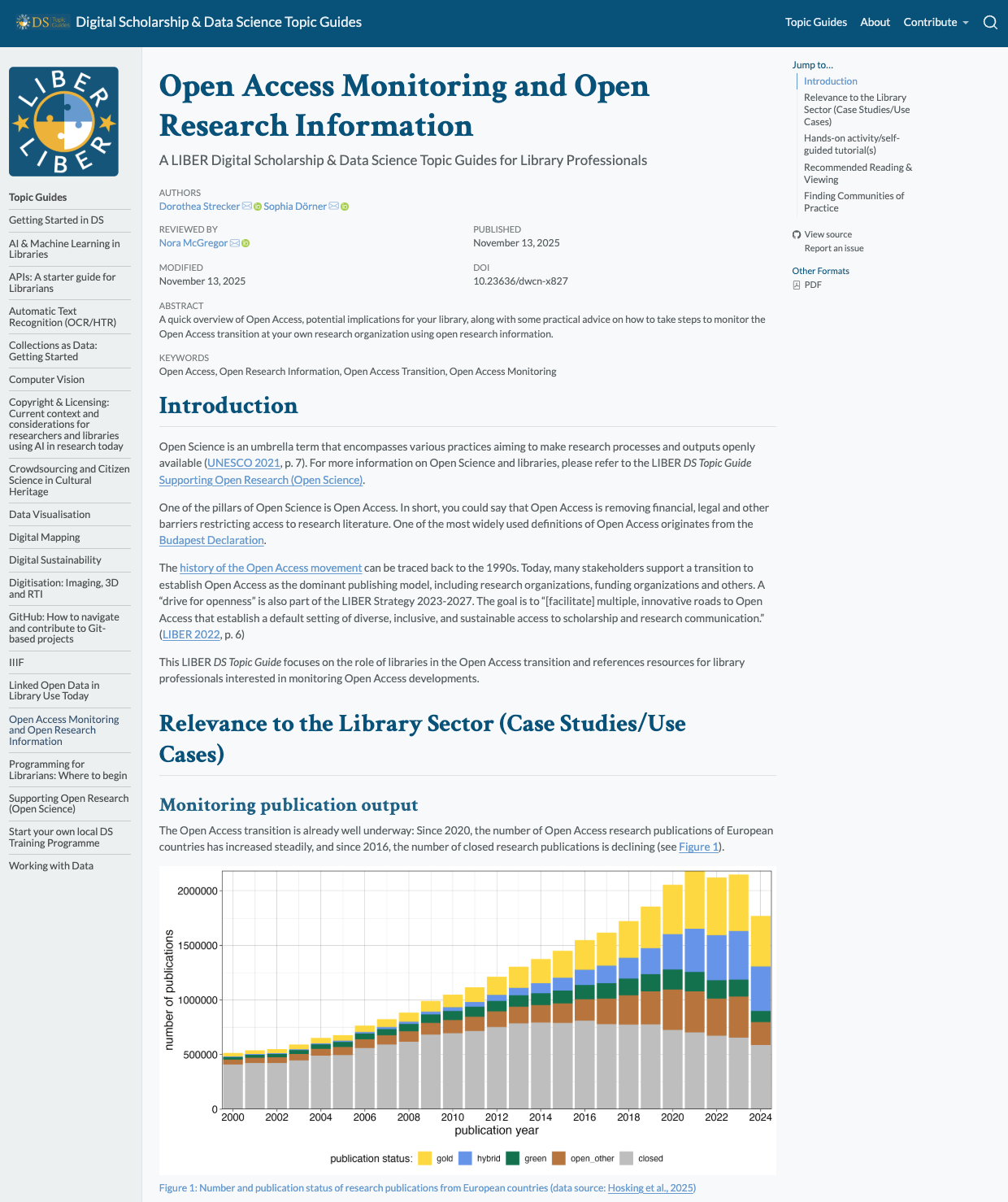Appalachian Figures A Football Captain Who Followed The Coal On a chilly fall afternoon in 1896, students at the Maryland Agricultural College watched a stocky fullback named Grenville Lewis lower his shoulders and plow through an opposing line. He was not just a player. He was the captain, the de facto coach, and one of the first stars of Maryland football.
Rogue Scholar Gönderileri
Appalachian Figures On the night of May 28, 1977, when fire tore through the Beverly Hills Supper Club in Southgate, Kentucky, one of the 165 people who never came home was a coal camp quarterback from Harlan County.
Appalachian Figures South Carolina “Carrie” Bronson started life on the Kentucky side of the Tug Fork and ended it as a former first lady of West Virginia, living quietly in Huntington. Her name nods to a South Carolina family past, her life unfolds in the coalfields and courthouse towns of the Central Appalachians, and her paper trail runs from the Big Sandy News to the Governor’s Mansion in Charleston.
Appalachian Figure On a hot August day in 1886, a tall, fashionably dressed engineer rode his horse up the Tazewell Road, crossed Cumberland Gap, and looked down into the Yellow Creek Valley. Where local farmers saw timber, shallow coal banks, and floodplain, Alexander Alan Arthur saw chimneys, rail lines, electric lights, and a planned city of 250,000 people in the middle of the mountains.
Appalachian Figures On a cold January afternoon in 1900, gunfire echoed through the Capitol Hotel in Frankfort, Kentucky. When the smoke cleared, three men lay dead. At the center of the chaos stood Colonel David Grant Colson of Middlesboro, a former congressman and Spanish American War officer who had once argued for “Free Cuba” on the floor of the United States House of Representatives.

Drawing is how I understand things best, and it’s one of the ways I teach myself new subjects. My top advice for anyone wanting to be a paleontologist is “learn how to write” and “learn how to draw”, which really boil down to, “practice writing and drawing”. You only get better by doing.

Another annoying error that you can get, during a docker build, that basically does not explain what’s going on is something like:
Background Scholarly metadata, deposited by thousands of our members and made openly available can act as “trust signals” for the publications. It provides information that helps others in the community to verify and assess the integrity of the work.
As part of the ARIA Engineering Ecosystem Resilience program, we've been convening a series of workshops here at the Cambridge Conservation Initiative to explore the potential of combining two very radically different approaches to modeling. Joe Millard wrote this to frame the discussion: We held two separate workshops to explore this;

Das Projekt OA Datenpraxis verfolgt das Ziel, die Open-Access-Transformation in Deutschland voranzubringen, indem der Umgang mit Publikations- und Kostendaten untersucht und unterstützt wird. Das Projektteam hat nun Informations- und Lernmaterialien zu Monitoringaktivitäten mit offenen Datenquellen veröffentlicht.
Appalachian Figures On a cold November day in 1921, women across Kentucky stepped into voting booths for the first time in a presidential election. In Boyd County, a former Pikeville schoolteacher and Ashland journalist named Mary Elliott Flanery did more than mark a ballot.